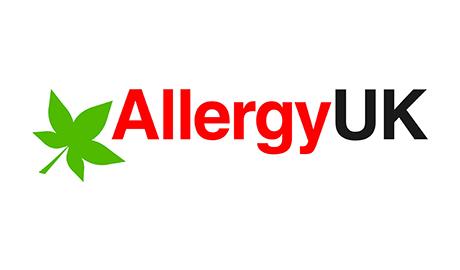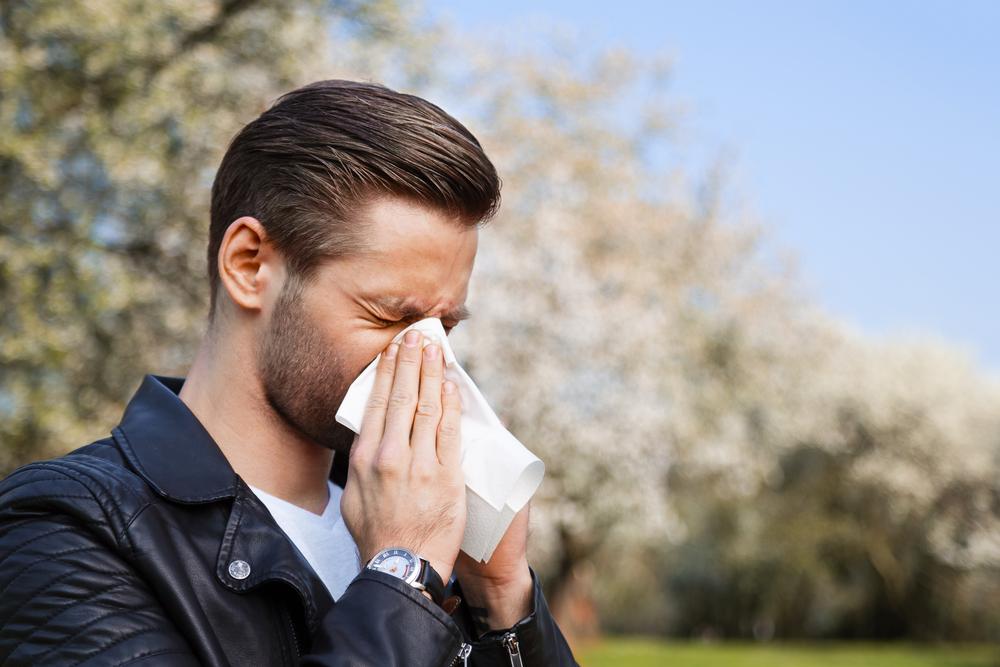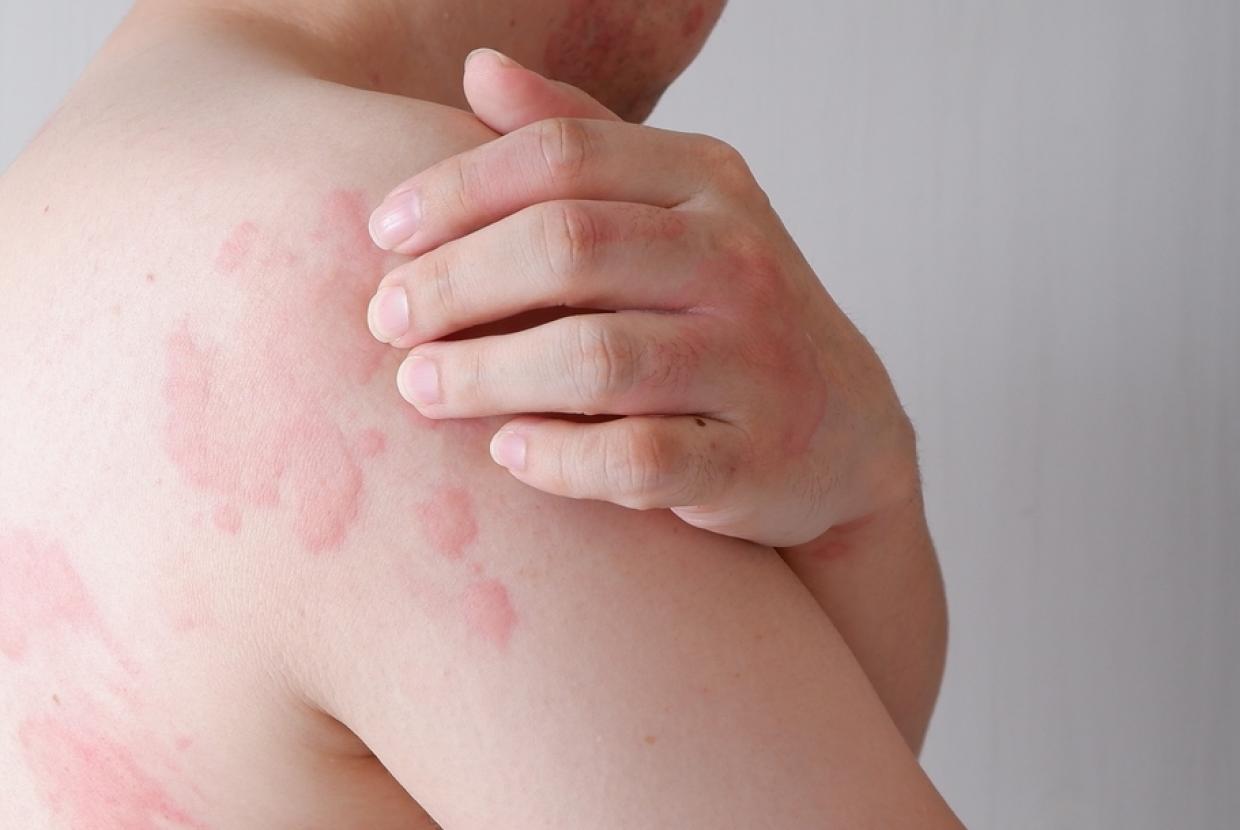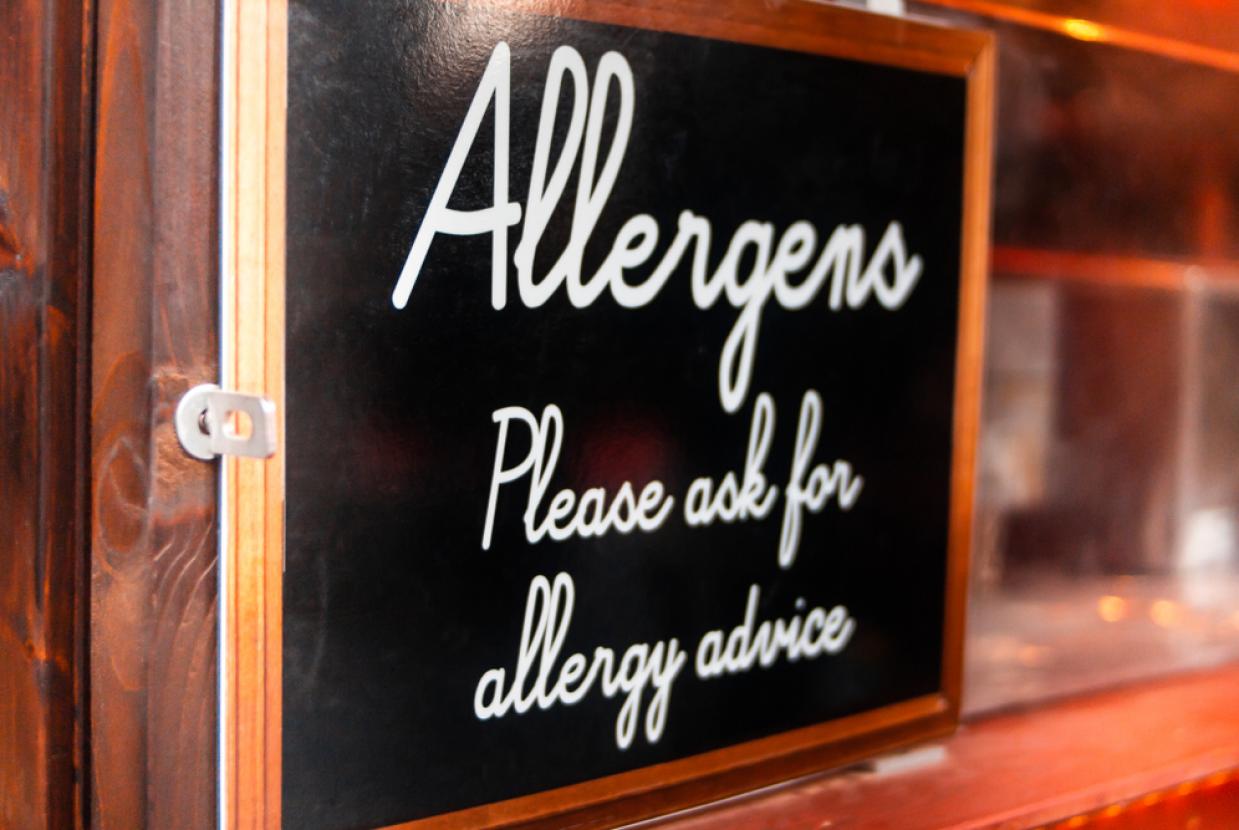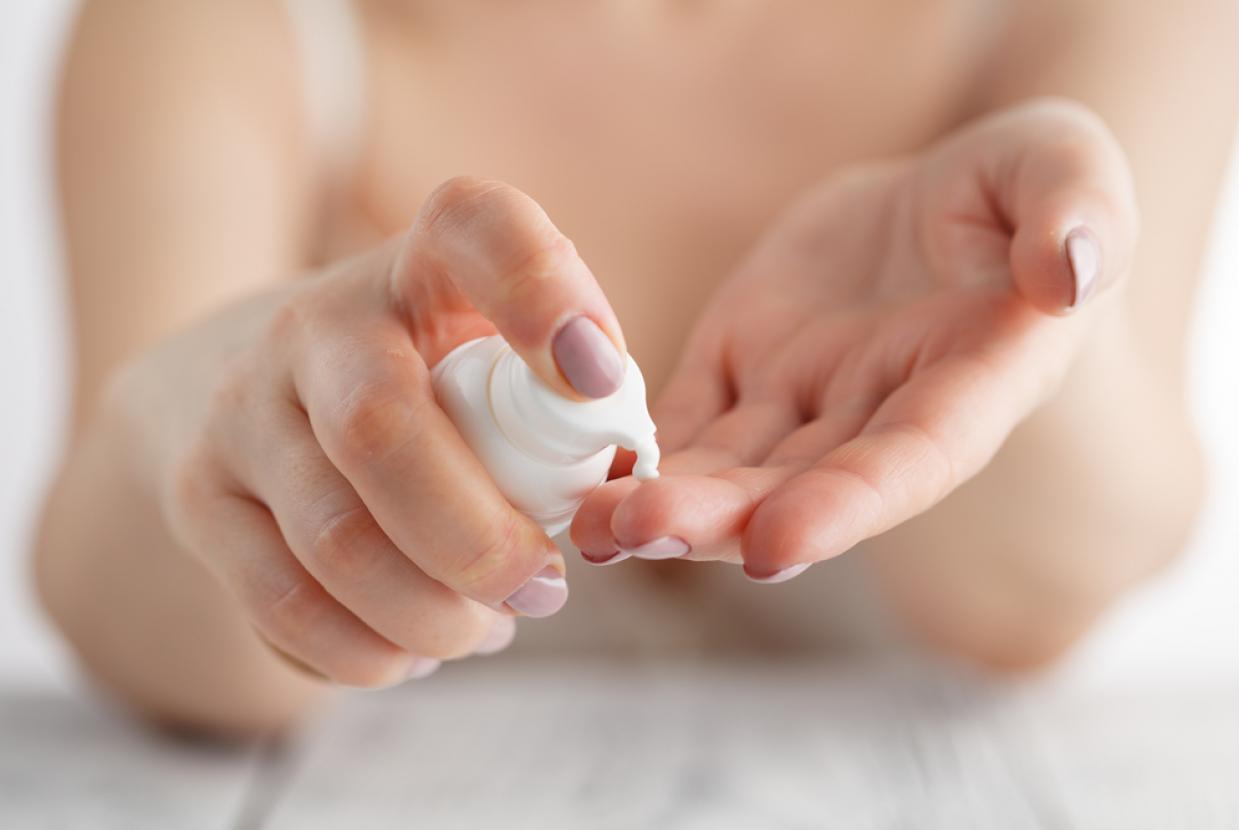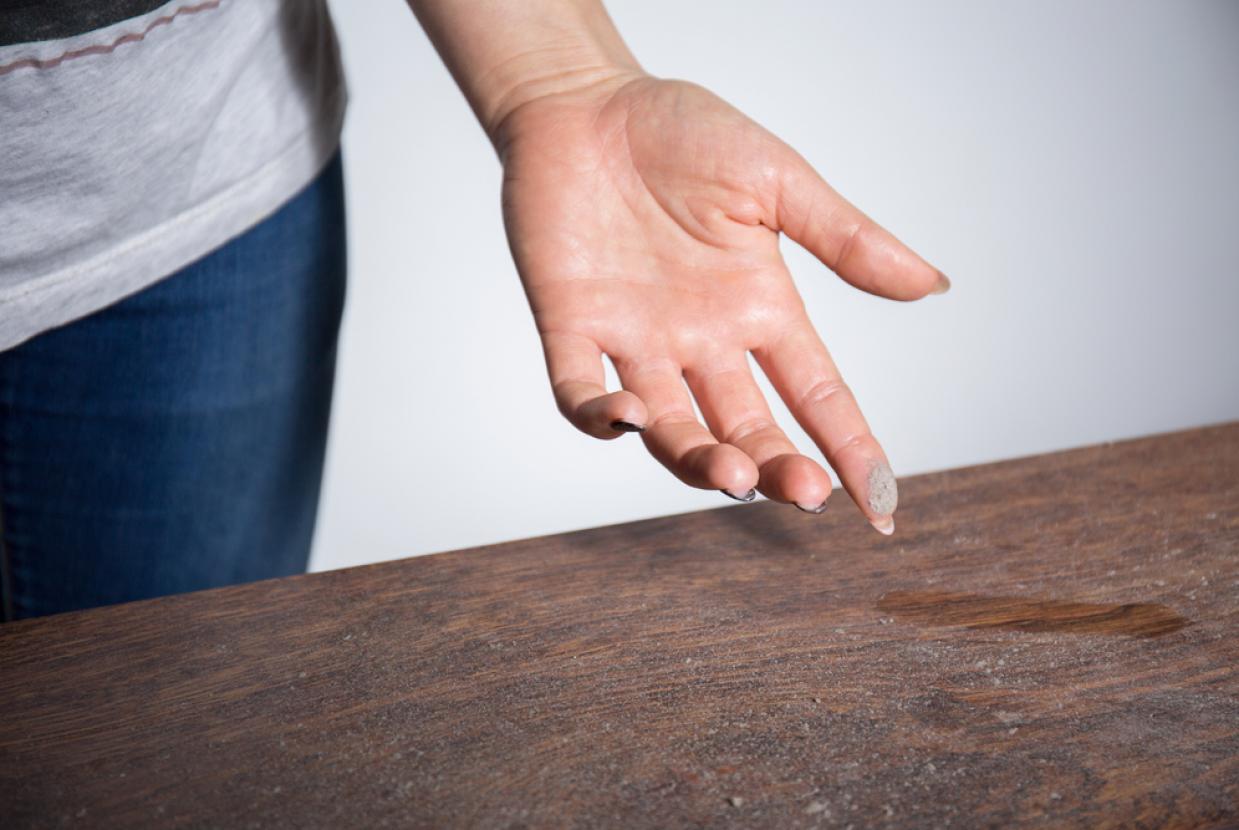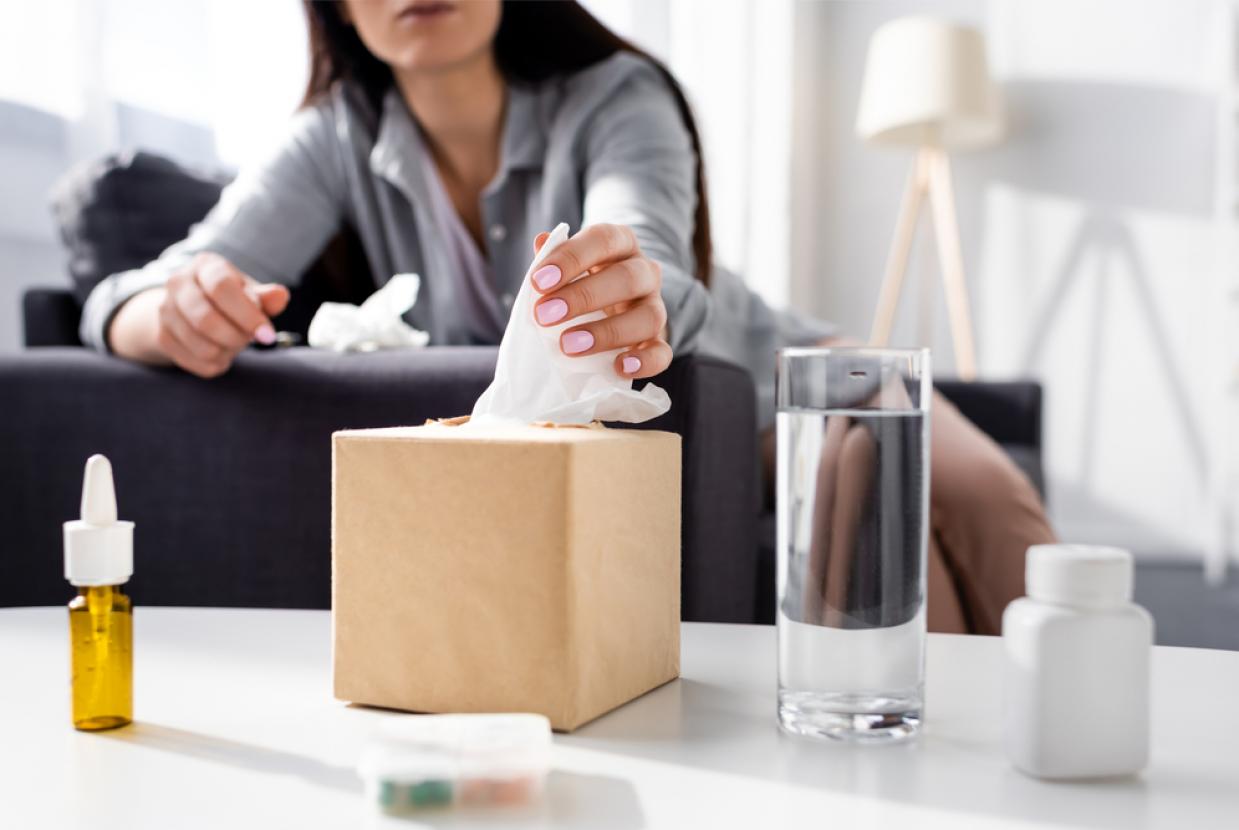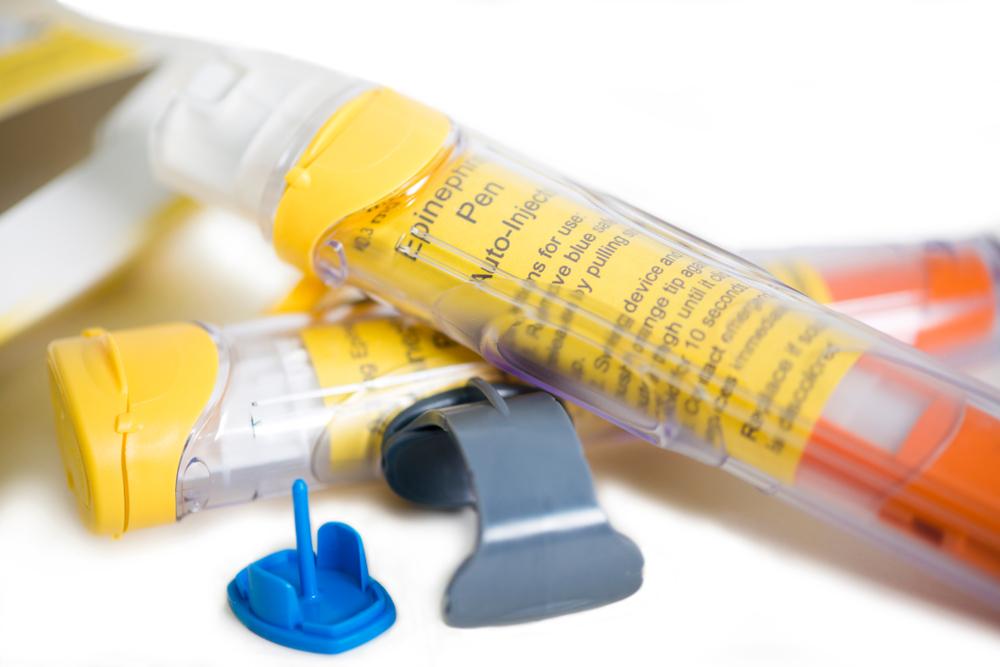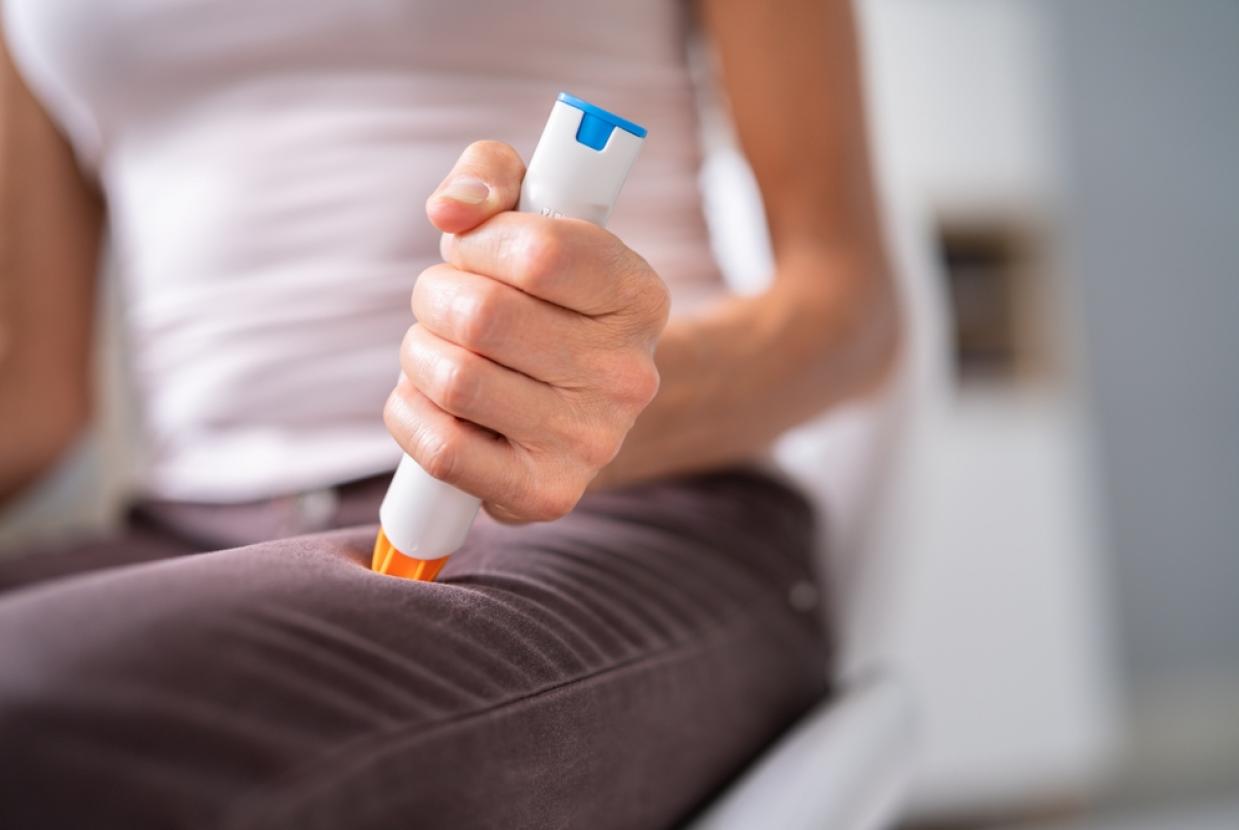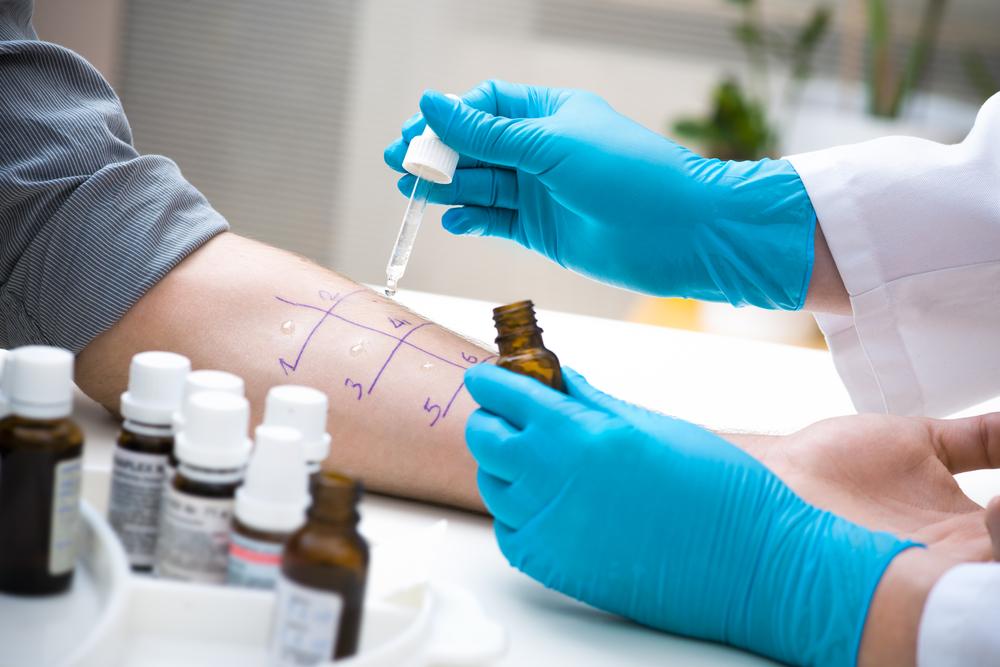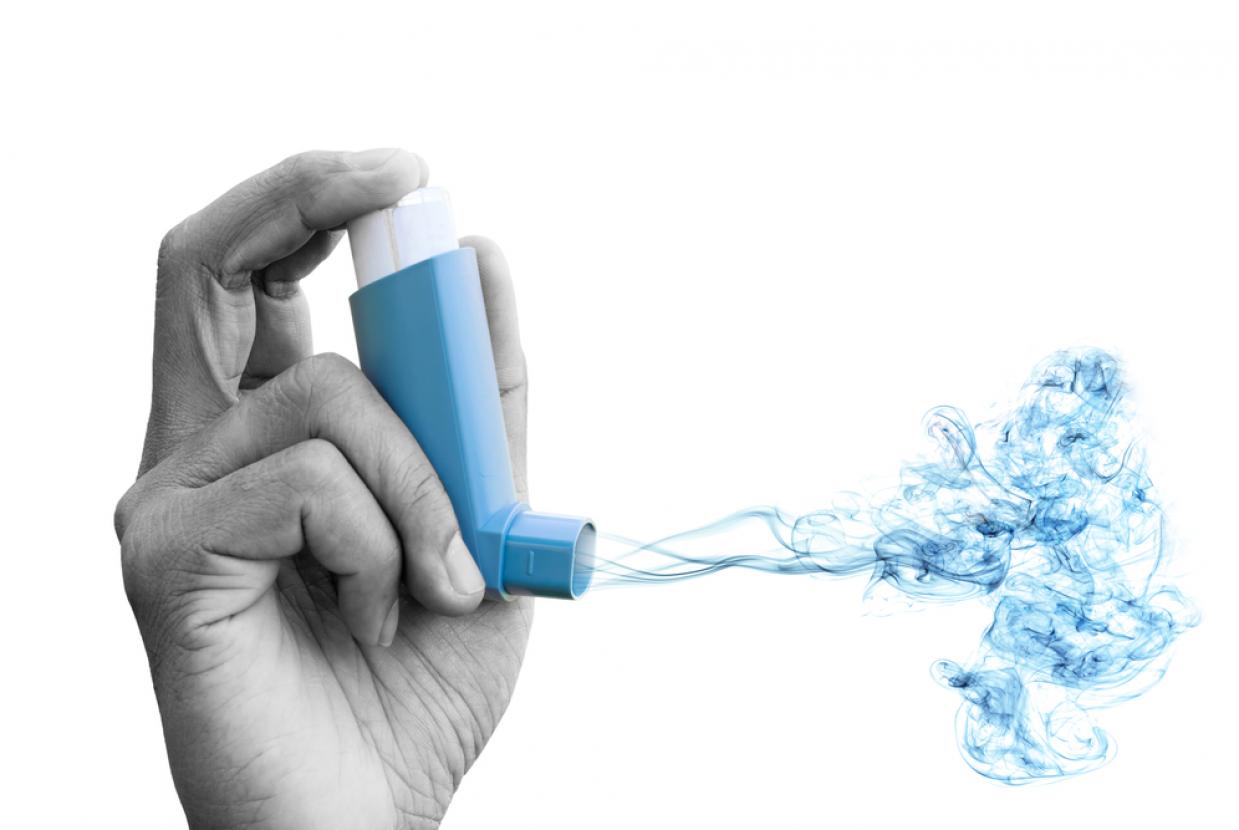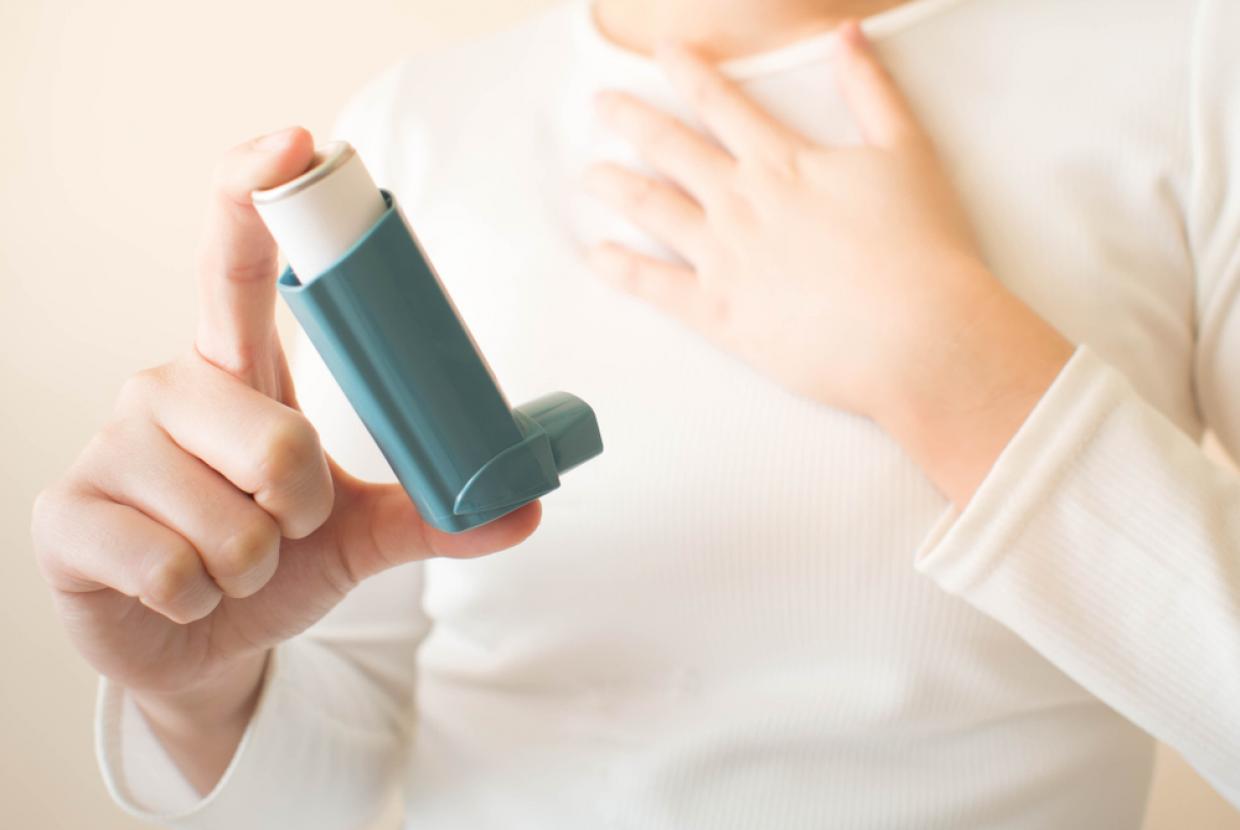Living With Eczema
Allergies and AsthmaEczema, also known as ‘atopic eczema’ or ‘atopic dermatitis’, is a skin allergy/condition causing inflammation and intense irritation. Eczema symptoms tend to be caused by dry skin.
Skin that is affected by eczema gets sore and broken when it is scratched. It can look wet and may bleed. Scratching is hard to avoid since the main distressing symptom of eczema is unbearable itching, but once the skin gets broken and cracked, infections can set in, causing even more discomfort.
Can Food Allergies Cause Eczema?
Children are born with the tendency to have eczema, and many things can make their eczema worse. These are known as eczema ‘triggers’.
Eczema in children can have various triggers, of which food can be one, especially in babies. However, foods are not the primary cause of eczema.
Eczema/Dermatitis Treatments
- Emollients - Emollient lotions and creams are prescribed for treating atopic eczema and dry skin, and are, in their simplest form, mixtures of oil and water.
- Topical steroid creams - It is sometimes necessary to apply topical corticosteroids (e.g. hydrocortisone), as these reduce inflammation in the skin caused by eczema.
- Wet wraps - Sometimes, special pyjama-like garments (known as ‘wet wraps’) that are used for children may also help certain areas of your body that have not responded to the usual topical application of emollients and steroids.
- Calcineurin inhibitors - Calcineurin inhibitors are an alternative to steroid creams. Like steroid creams, they reduce the skin inflammation and can lessen itching.
How Can I Manage Eczema?
Here are 3 top tips to follow:
1) Apply your emollients regularly. The chore of a twice daily skin cream regime can become annoying, especially if your symptoms have improved. But remember that the eczema symptoms have improved because the eczema is under control. Without the cream, it may flare up again.
Keep up the routine so that your efforts to keep your skin healthy and hydrated do not go to waste.
2) You could need to apply your emollients from two to four times a day. It can be useful to have extra emollients available should you need them when you are away from home. For example, keep spares at work or in the car.
3) It is important to be aware of, and look for, the signs of bacterial infections (weeping and crusting), since the skin of eczema sufferers is more prone to infection due to the cracks and constant scratching.


